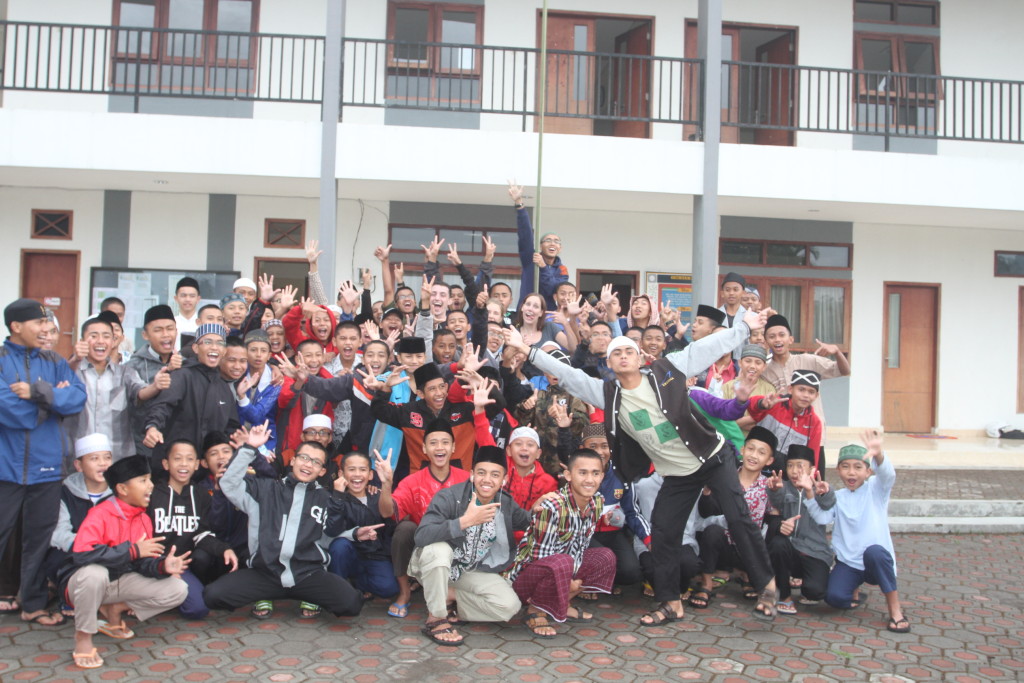Environmental education is becoming an increasingly important subject in wildlife conservation. Without including the next generation into solving recent environmental issues and providing them with knowledge and skills on how to combat these problems, there is little chance to change our attitudes and behaviour towards saving our natural environment and therefore our resources. At LFP environmental education is an important part of loris’ conservation. Every Friday local kids from surrounding villages come to participate in ‘Nature Club’. Here, we use a playful approach to introduce young children (age 5-12) to complex topics like climate change, pollution and deforestation. We follow a three months curriculum and each lesson is carefully planned and combines small interactive lectures and games. In the past we have also visited multiple schools to give short lectures on lorises’ ecology and our conservation efforts. This ‘Forest Protector’ curriculum was our first evaluation system for environmental education. A school visit was repeated after six months and we tested how much the students remembered from our first visit using pictures and essays as an indicator. We are now in the process of establishing an education relationship with Situwangi Boarding School in Cikajang. The students here (age 13-18) are eager to learn English which gives us the great opportunity to teach our curriculum in English as well without relying on a translator.

To improve the education outcome and our teaching methods we are currently working on implementing a thorough monitoring and evaluation plan. The aim is to monthly monitor how different teaching techniques are adopted. The plan is to conduct an evaluation of the kid’s knowledge and attitudes towards the thematised topics after each curriculum. This way we hope to be able to tell which method contributes most to long term memory. With a coherently structured monitoring and evaluation system we also anticipate to be able to not only improve our environmental education system in place but also add to existing schemes for other organisations to use.
